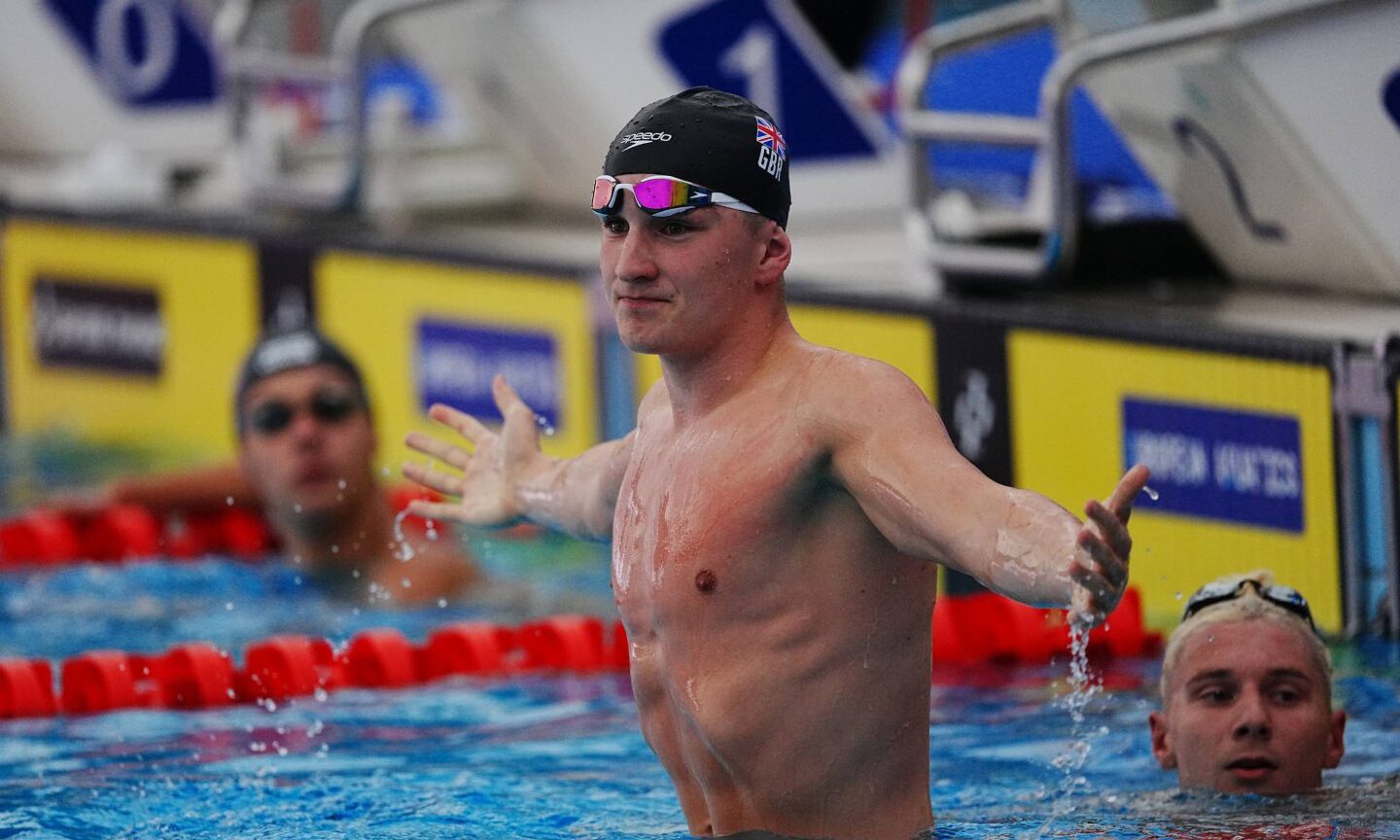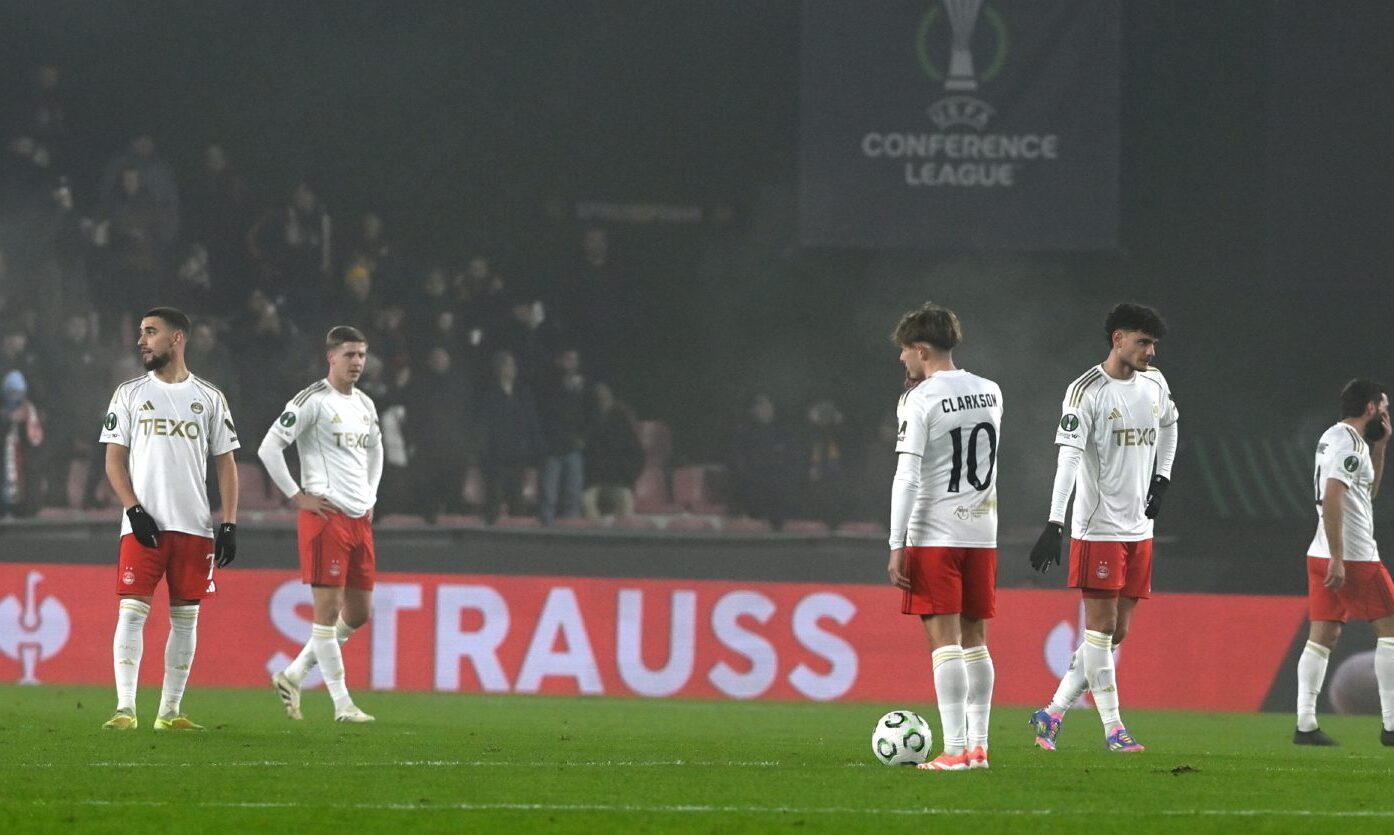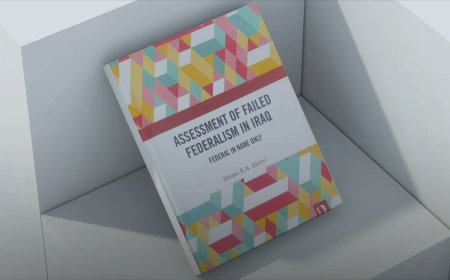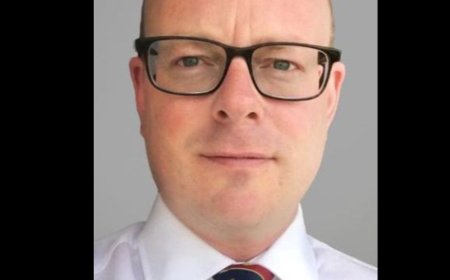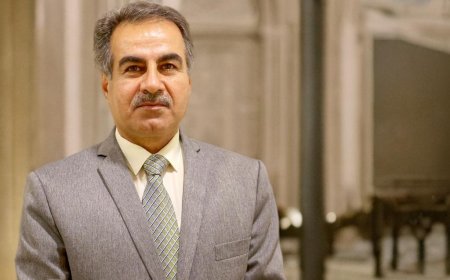Iraqi Kurdistan serves as an exemplar and protector of religious diversity in the Middle East
Assistant Professor Dr Seerwan Anwer Majeed
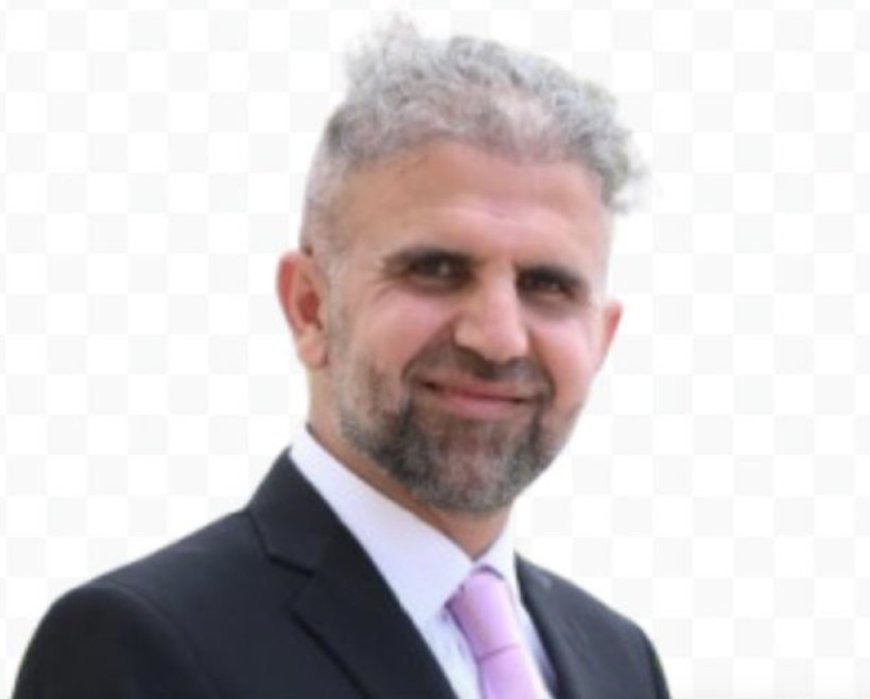
Preserving religious diversity and protecting the rights of different religious communities is vital for societal advancement. A society that embraces religious diversity fosters inclusivity, tolerance, and a sense of shared belonging, which are crucial for social cohesion and economic growth. Religious freedom, a fundamental human right, allows individuals to practice their faith without fear of persecution or discrimination, contributing to a more stable and equitable society.
When discussing the protection of religious communities, the focus should not be on superficial slogans, but on substantive measures. From a legislative standpoint, this entails enacting laws that safeguard freedom of belief and worship, prohibit hate speech and religious incitement, and ensure the official recognition of various religions and sects. Religious and ethnic communities are integral components of the social fabric and must be granted specific rights to uphold the principles of pluralism and diversity.
Politically, these communities should be meaningfully included in governance processes through mechanisms that guarantee equitable representation—such as reserved parliamentary seats—particularly since they may face challenges in securing adequate representation through general elections.
From a security perspective, it is essential to protect places of worship—including mosques, churches, and temples—and to actively combat sectarian violence and religiously motivated attacks.
Culturally and in the media, it is imperative to cultivate a climate of coexistence and mutual respect. This includes promoting interfaith understanding, respecting religious symbols and beliefs, and embedding these values within educational curricula and media discourse.
Consequently, the Kurdistan Region has come to be recognized as a beacon of peaceful coexistence, distinguished by its rich tapestry of religious and ethnic communities living in mutual respect and harmony. The region is home to a diverse range of faiths and sects. While Islam constitutes the majority, it is followed by various Christian denominations—including Chaldeans, Assyrians, Armenians, and Syriacs—as well as other religious groups such as the Yazidis, Kakais, Mandaeans, Baha’is, and Zoroastrians. All of these communities, irrespective of their size or demographic weight, are afforded equal rights and protections under the region’s legal and constitutional framework.
The Kurdistan Region Constitution—while not yet formally ratified, but enjoying political endorsement—affirms key principles such as freedom of religion and belief, equality among all citizens, and the protection and promotion of the rights of religious and cultural communities. Complementing this framework, the 2005 Iraqi Federal Constitution, which is also applicable in the Kurdistan Region, provides further legal safeguards. Article 2 prohibits the enactment of legislation that contravenes fundamental human rights, including religious freedom, while Article 125 guarantees the administrative, cultural, and educational rights of all ethnic and religious components within the state.
The Christian community in the Kurdistan Region of Iraq represents one of the most ancient and historically entrenched religious groups in the area, playing a distinguished role in the region’s cultural and civilizational development. The Presidency of the Region consistently affirms the profound heritage and esteemed standing of this community. This commitment was clearly reflected in the remarks delivered by the President of the Kurdistan Region, Nechirvan Barzani, on the evening of Monday, May 26, 2025, during the Church Endowments Administration Conference in Erbil.
In his address, the President Nechirvan Barzani stated: “My presence here today is a clear demonstration of our steadfast commitment to supporting all communities within the Kurdistan Region—particularly our Christian citizens, who are an essential and inseparable part of our collective identity and historical legacy.” He further underscored that “the protection and defence of the rights of our diverse communities are not merely aspirational slogans, but a core principle embedded in our belief in peaceful coexistence.”
President Nechirvan Barzani went on to highlight that, since the establishment of the Kurdistan Regional Parliament and Government, inclusive participation and representation of all communities in both political and administrative spheres have been a consistent priority. He affirmed that Kurdistan has long upheld these values, and that the presence of religious and ethnic diversity has served as a source of strength, richness, and enduring stability for the region. In conclusion, he reaffirmed the Region’s enduring commitment to this deeply rooted culture of pluralism and coexistence, pledging to preserve and promote it for generations to come."
In terms of political representation, the Christian community in the Kurdistan Region is allocated five reserved seats within the Kurdistan Parliament. Christians also occupy significant roles within the regional government and independent institutions, including the prominent position of head of the Presidency’s office. The community is further politically organized through various private parties, notably the Chaldean Syriac Assyrian Popular Council and the Assyrian Democratic Movement.
With regard to religious and cultural rights, the freedom of worship for Christians is comprehensively guaranteed. Religious institutions and churches receive institutional support, while Syriac language education is provided within private schooling systems. Furthermore, Christian media outlets maintain an active presence and are occasionally supported through funding initiatives.
According to official data from the Directorate of Christian Affairs under the Ministry of Endowments of the Kurdistan Regional Government, the Christian population in the Kurdistan Region of Iraq is estimated to be between 275,000 and 300,000. This number exceeds the total Christian population across the entirety of Iraq, which is estimated at fewer than 270,000. Accordingly, the Kurdistan Region hosts approximately 240 churches distributed across various cities and towns, positioning these religious institutions among the most prominent cultural and spiritual landmarks for Christians in the Middle East.
This coexistence of Christians and other religious minorities did not emerge from a vacuum, but rather is the product of long-standing political and social developments, particularly after the collapse of the former Iraqi regime in 2003.
A historical analysis indicates that, prior to 1991 during the Ba'athist era, religious communities—most notably Christians—endured widespread discrimination, enforced Arabization policies, and systematic exclusion. Areas with predominantly non-Muslim populations, including Sinjar, Bashiqa, and Alqosh, were subjected to deliberate demographic engineering. Moreover, the religious and cultural activities of these communities were severely curtailed, significantly limiting their ability to preserve and express their heritage..
After 1991, with the establishment of the semi-autonomous Kurdistan entity following the 1991 Kurdish uprising, the regional government began to pay greater attention to religious pluralism. Churches and temples were allowed to reopen, and some church and language schools (such as Syriac language schools) resumed operations.
After 2003, following the fall of Saddam Hussein, the Kurdistan Region became a safe haven for religious communities fleeing sectarian violence in central and southern Iraq. Political representation was strengthened for these communities, and they were granted quota seats in parliament. Laws were passed to protect religious freedom, and directorates were allocated within the Ministry of Endowments for Christian, Yazidi, and Kakai affairs.
The period of peaceful coexistence in Kurdistan was further reinforced following the 2014 ISIS incursion, which resulted in genocide against the Yazidi population and the mass displacement of Christian communities. The Peshmerga forces played an instrumental role in protecting hundreds of thousands of displaced individuals from these vulnerable groups. In response, the Kurdistan Regional Government established dedicated camps and provided extensive humanitarian assistance and logistical support. Moreover, international advocacy campaigns were conducted in collaboration with the Chaldean Church, the Patriarchate, and Yazidi religious authorities to raise global awareness of the profound suffering endured by these communities.
Since 2020, the Kurdistan Region of Iraq has maintained a pronounced and sustained official commitment to advancing religious coexistence. This is evidenced by support for interfaith dialogue institutions, the integration of educational curricula that emphasize tolerance and mutual respect, and the implementation of security measures to safeguard churches and temples. Correspondingly, legislation has been enacted to regulate property rights, education, and language provisions for non-Muslim communities, alongside the establishment of specialized governmental departments and directorates dedicated to managing community affairs.
This commitment was emphatically reiterated in the recent address of President Nechirvan Barzani, who declared: “The protection of diversity and fundamental rights cannot be realized through good intentions alone; it necessitates robust legal frameworks, effective institutional mechanisms, and comprehensive collaboration among all societal sectors. I am confident that the outcomes of this conference will contribute meaningfully to these overarching goals and enhance the conditions of the Christian community in all respects.”
He further underscored that “Christians and other religious and ethnic minorities are not transient guests in Kurdistan, but rather rightful stakeholders, integral partners, and foundational constituents of this land and its people.”
In reaffirming Kurdistan’s enduring legacy of inclusivity, President Nechirvan Barzani assured that “Kurdistan, historically a refuge for all communities, will steadfastly continue to uphold principles of pluralism, tolerance, and freedom,” while actively fostering harmony, constructive dialogue, and peaceful coexistence across its diverse population.
Kurdistan’s religious diversity has established the region as a distinctive—and arguably unparalleled—exemplar of peaceful coexistence within the Middle East, a region historically plagued by sectarian divisions and religious conflict. This exemplary model has garnered substantial international acclaim, attracting the interest of academics, interfaith organizations, and global institutions alike. As a sanctuary for persecuted minorities, Kurdistan stands as Iraq’s final stronghold of pluralism. International authorities have described the region as “the foremost bulwark for religious diversity” in the area, a designation that consistently commands robust support from the international community.
During his landmark visit to Erbil in March 2021, Pope Francis lauded the Kurdistan Region of Iraq for its enduring commitment to “tolerance and coexistence.” In alignment with this recognition, prominent international bodies—including the United Nations, the European Union, and various minority protection agencies—actively endorse and fund initiatives within Kurdistan, reflecting confidence in its dedication to pluralism. The Obama administration’s support during the ISIS insurgency was explicitly influenced by this ethos of coexistence, as affirmed by former President Barack Obama. Moreover, Kurdistan is routinely highlighted in international human rights and religious freedom reports as a leading paradigm for the protection of freedom of religion and belief.
To sum up:
The true hallmark of a nation’s progress and civilization is reflected in its commitment to diversity. The religious pluralism embraced by the Kurdistan Region has substantially reinforced its international standing as a defender of human rights, thereby enhancing diplomatic ties with nations that have significant Christian populations, such as France, the Vatican, and Germany. As a result, the region has established itself as a trusted and influential partner in advancing freedom and human rights. With the continued cultivation of this deeply rooted culture of coexistence, Kurdistan will endure as a cohesive refuge and beacon of hope for all marginalized and oppressed peoples throughout the Middle East.




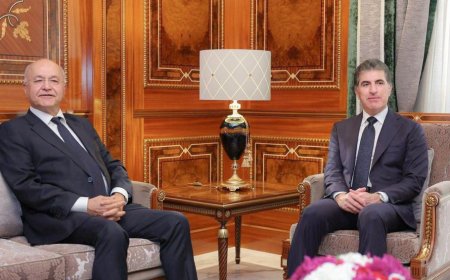
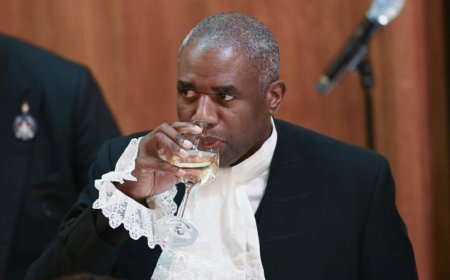







/file/attachments/orphans/rebecca-hague-mothers_864112.jpg)







